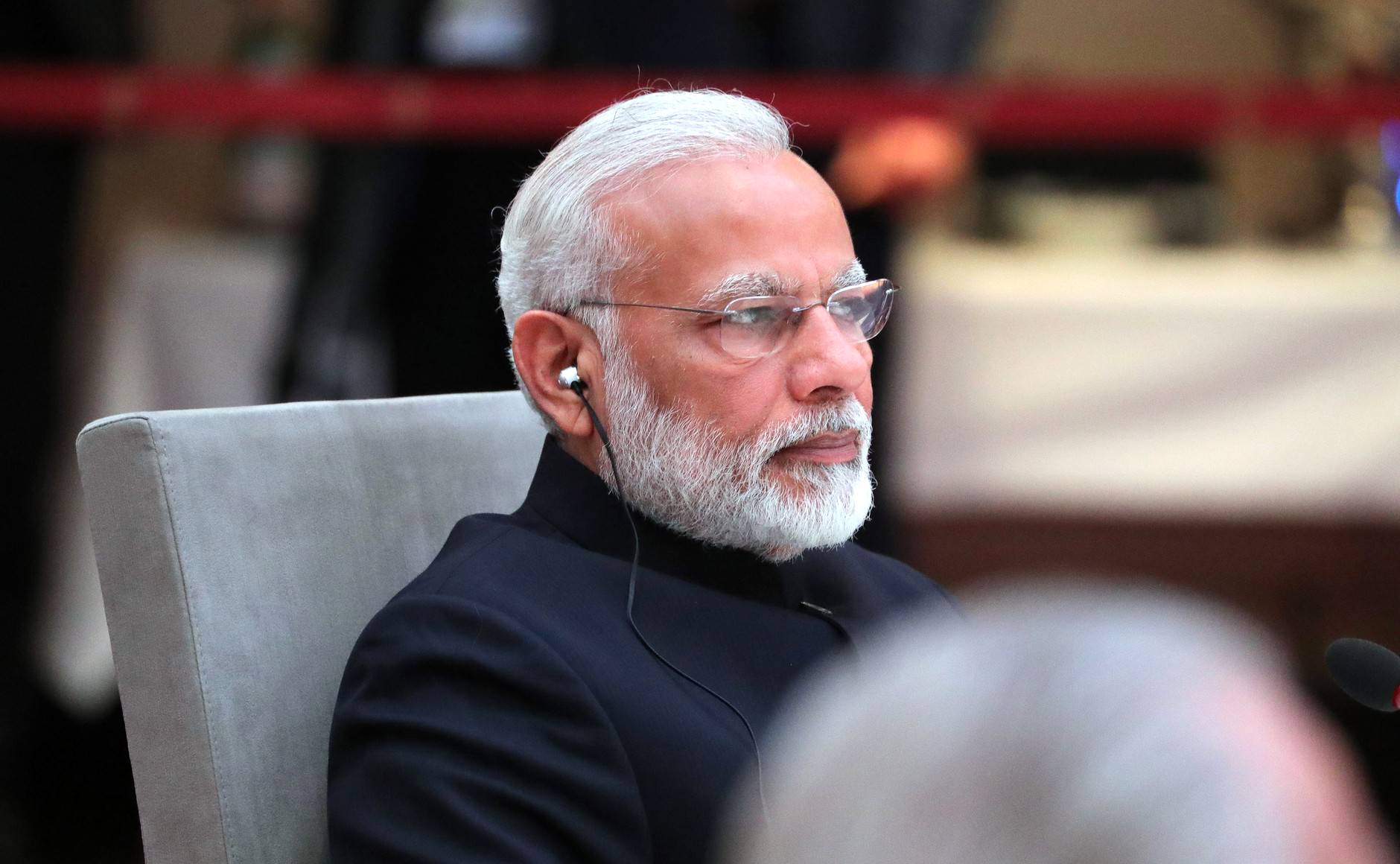Admission of Foreign Students at Harvard University Row: Harvard filed a complaint in the Boston court, calling the halt on admissions a clear violation of the U.S. Constitution and other federal laws.

Foreign Students at Harvard University: US Court Blocks Trump Administration’s Ban on Foreign Students’ Admissions at Harvard
In a significant legal setback for former President Donald Trump, a U.S. federal court has intervened to halt the Trump administration’s controversial policy that sought to prohibit the admission of foreign students at Harvard University. The order, which had aimed to severely restrict international enrollment at one of the world’s most prestigious universities, faced immediate backlash from Harvard, which challenged the decision through two separate lawsuits.
The Boston court received a formal complaint from Harvard on May 23, 2025, strongly asserting that the ban violates multiple provisions of the U.S. Constitution as well as various federal laws designed to protect educational rights and non-discrimination. Harvard emphasized the detrimental impact the ban would have, not only on the institution’s academic fabric but also on the thousands of international students whose educational pursuits and visa statuses hang in the balance. The university argued that this abrupt policy would effectively expel nearly a quarter of its student body, a segment composed largely of international scholars who are integral to its intellectual and cultural environment.
Harvard’s legal team stressed that the administration’s unilateral decision lacked a proper foundation and failed to recognize the significant contributions international students make to the university’s research, innovation, and global standing. This dramatic attempt to curtail foreign student admissions was labeled as both legally unsound and morally questionable, as it unfairly targeted a community vital to Harvard’s ongoing success.
Temporary Ban on the Policy
The court’s ruling, delivered by U.S. District Judge Allison Burroughs—an appointee from the Obama administration—has placed an immediate temporary injunction on the enforcement of the ban. This injunction prevents the Trump-era policy from being implemented while the legal process unfolds. Judge Burroughs acknowledged the serious implications of the ban and recognized Harvard’s concerns about the policy’s legality and fairness.
Harvard University, renowned for being a historic center of learning, highlighted in its arguments that international students are deeply woven into the university’s identity. The absence of this diverse cohort, it contended, would fundamentally alter the nature of Harvard’s academic community. The university has previously confronted similar challenges, including successfully contesting efforts to cut billions of dollars in funding, indicating its determination to resist policies that threaten its mission and student body.

The judge’s decision reinforces the principle that policies affecting education and immigration must undergo thorough judicial scrutiny, especially when they potentially infringe on constitutional rights. The court’s temporary block also signals a pushback against executive actions that might undermine higher education institutions’ autonomy and diversity.
Trump Finds Support from Legal Firms
Despite this judicial setback, former President Trump has garnered backing from several prominent legal firms, including Paul, Weiss and Skadden Arps. These firms have volunteered to provide pro bono legal assistance, rallying behind the Trump administration’s stance on immigration and national security concerns tied to international students. Their support underscores the polarized nature of this issue, which pits national policy considerations against academic freedom and inclusivity.
Prior to the court’s injunction, White House spokesperson Abigail Jackson dismissed the legal challenges as baseless, accusing Harvard of neglecting its responsibility to address security and protest-related issues on campus. Jackson argued that the university’s focus should be on ensuring safety and order rather than engaging in litigation. She further criticized Harvard for allegedly harboring anti-American and extremist elements, framing the university as part of the problem rather than a victim.
The unfolding legal battle highlights the broader debate about immigration policy, national security, and the role of international students in American universities. While the administration views restrictions as necessary for safeguarding the country, critics emphasize that such measures undermine America’s reputation as a global hub for education and innovation.
In the coming months, the court will continue to examine the merits of Harvard’s claims and the government’s justifications. Meanwhile, the temporary injunction offers relief to thousands of international students who feared losing their educational opportunities and status. This case will likely set a precedent for how far the government can go in regulating foreign nationals’ access to American education.
Also Read:
- Donald Trump warns Apple: 25% tariff on India-made iPhones!
- Pakistan Plans New Bloc with China, Taliban, and Bangladesh. Is it to counter India?
- Israel PM Slams UK, France, Canada for Backing Hamas















